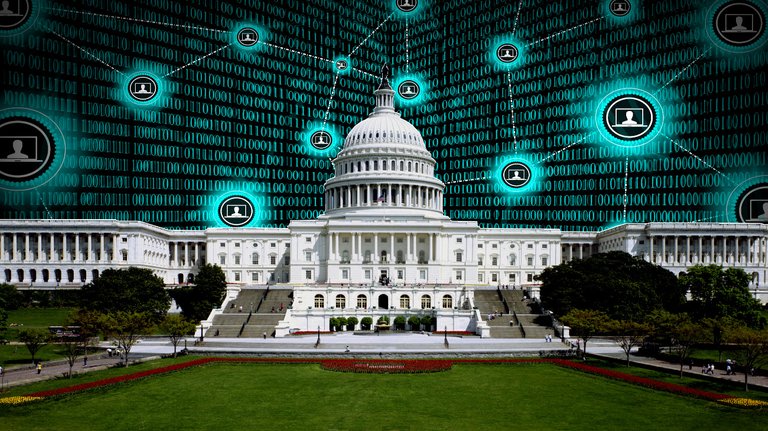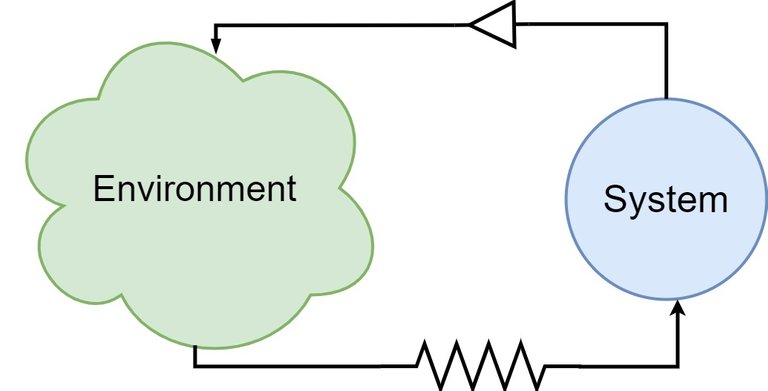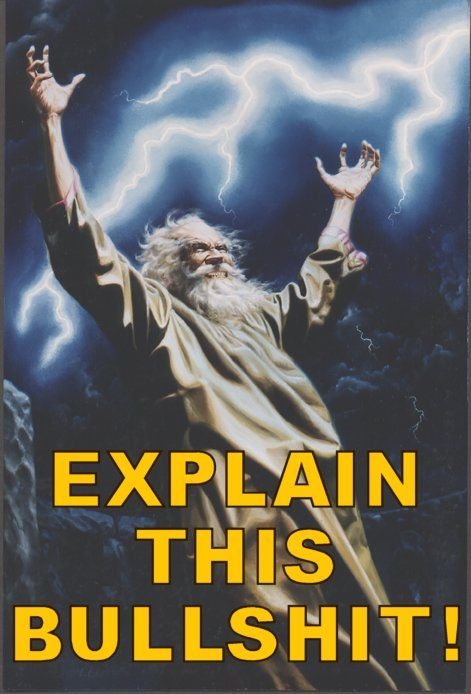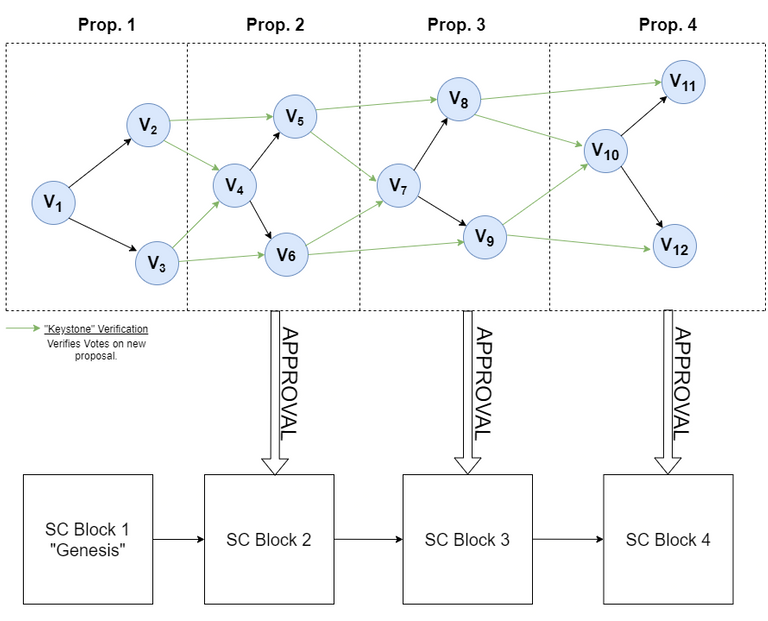
I've been thinking about voting for some time now for some really big and extremely over-ambitious reasons this last month. In fact, it has been something that I have thought about for longer, but part of a larger "Decentralized Autonomous Governance" model. Today's project is to elaborate on this. Also, consider this part of the "Intentional Community Appendix" portion, specifically for Part 2, hyperlinked above. I'm going to go into some additional details that could in theory be a great starting path to creating a "distributed ledger" voting system.
The Person and The Policy
In order to make a proper hashing out of concepts, I think that we should first consider how things are typically done today. When it comes to voting, there are two major things that are voted for:
1.) People. In a representative government such as the United States, people are (supposed to be) the backbone of the democratic process. There's a good reason why "WE THE PEOPLE" are the first words of the preamble of our constitution. The Founding Fathers of the United States had an ideal; a government is not some monotlihic entity separate from people. It IS the people. In theory, this has been rather fantastic. In practice... it has been problematic. But the pure idea is still something to be striven for. This I believe.
2.) Policies. Policies are typically pieces of legislature that are put forth by the representatives of the people (see number 1). These policies are both directly voted on by the people as well as the representatives. In the American Congress, Legislation is proposed by a representative or committee of representatives and subsequently voted on by all representatives. In theory, this is supposed to reflect the will of the people, and in the time of the founding fathers, it likely was the most... convenient method. Taking a popular vote on every possible thing would have been a logistic nightmare in the 1700s. This by and large seems to be a big reason for the system we now have. The will of the people is invested in a group of individuals who can more easily convene and vote on matters that affect their constituents.
The Takeaway From This should be that gauging the will of the people has largely been an exercise in "popular allocation" of this will into a smaller group of people. which sometimes works, but sometimes does not. There's two major reasons for this. Efficiency of communication, and attenuation of the variety intrinsic to a larger populace. But, I'm getting ahead of myself. There are some additional explanations to be made here.
Some Basics of Management Cybernetics
I have talked about management cybernetics before, and for a more thorough explanation of the basics can be found (in small part) on my post HERE as well as on this Wikipedia article HERE. I'm going to define and apply some principles of Management Cybernetics to show you how the current zeitgeist of representative government can be understood in this context. First, some definitions:
System: A System is a group of interacting "pieces" that make up a whole. A person or an animal for example, are examples of biological systems.
Variety: Variety represents the number of states in a system. For example, a hive of bees has more variety than say, a single bee. All this means is that there is more states that a hive of bees can assume than a single bee.
In order to understand how a representative government works, we must have a better idea of how say, two systems interact. This will require an illustration:

So, in the situation that an environment interacts with a system, there is a LOT of variety that flows from the environment to the system. This variety is attenuated so that it is manageable for the system to interact with. Conversely, the system must take the variety it has and amplify it in its converse interaction with the environment.
I know you're gonna look at that diagram and at that last paragraph and be like:

I know you are thinking this because when I first started studying cybernetics, I thought the same thing. This is some heavy shit. But I'm gonna break it down for you.
So, let's say the environment is the State of Texas. There's a LOT of people in Texas, with a LOT of voices. That's a HELLUVA lot of variety. Let's also say that the System in the diagram is The House of Representatives. Since there is a lot of voices and opinions and noise in the Environment, we hold elections to have a particular number of people represent us. We take that variety, and we attenuate it so Texas can easily interact with the House of Representatives. Conversely, the House of Representatives establishes legislature that affects Texas, thereby AMPLIFYING its relatively smaller variety in the form of addressing the concerns of Texas.
That's the first reason why we have representatives, to condense the voices of many to something manageable by a few.
The second reason is simply efficiency of communication. This is subtly related to the first reason, but also different because we have a historical impetus; In the 1700s communication between two far away places was hellishly slow. If you wrote a letter in Virginia and wanted to send it to say, Pennsylvania, you're talking days or even a week or more of travel to deliver that letter. If you think mail-in votes would be a bitch today, it would have been downright impossible then. It was simply easier to hold an election locally and send a representative to speak for that locality than to do everything directly. Attentuation of Variety, anyone?
Essentially, our system was borne from some fundamental ideas in cybernetics (which they didn't know at the time) as well as the slowness of communication. Fortunately, we have massive innovations in BOTH of these things today, which will play into the solution that I tentatively propose.
The Will of The People, Solved By Technology
So, in the current model, we have representatives that convene to make the concerns of their constituency known to Congress. Using the Efficiency and security of modern distributed ledger technology, we can do two things:
1.) Encourage Civic Participation in Governance
2.) Do it in a way that requires less trust than the current model.
The way I suggest doing this is through A voting system implemented by Directed Acyclic Graphs (DAG) distributed ledger technology that works in tandem with a blockchain system that encodes policies and legislation. These are now laws. You might be wondering why I would choose DAG as the underlying voting system, and it is simple; Speed, Scalability, and Security. I explain this in more detail on my DAG article on Cryptosorted, and if you're still not convinced, please consider this paper on DAG implementations.
Having said that, one of the biggest things that really attracted me to this technology as the foundation was how "transactions" are validated on the DAG. Every new "node" that is added is subsequently verified by two other previous nodes, and the new node takes part in verifying other nodes. In other words votes are verified by other votes, and everyone in the network (which is down to the people level) plays a role in verifying future votes as well as voting. If you wanna talk about governance by the people, you'd be hard pressed to find something more appropriate.
Each voting session that takes place votes on legislature that affects say, some part of governance. The "session" of votes then "signs" the block of legislation, adding to an auxiliary traditional blockchain:

We take out the fallible, representative middleman that must attenuate an environment, and essentially make the system the environment, with substructures as necessary. It has all of the characteristics needed. The People become the government. This isn't limited to the nation at large; this could be implemented in state, county-wide or even local city governance. You'll also notice that I labeled the blocks "SC" blocks. This is because I am also looking at something larger; what if we could codify policy in such a way that we could encode particulars into smart contracts? We are then slowly but surely taking ourselves down a path which I ultimately hope it goes; Trustless, Autonomous Governance of the people and by the people.
The actual "voting system within the system" that I wish to implement is still in the works, but is closely related to a cardinal, ranked choice voting model that will allow for the will of the people to be better reflected.
This will require people to become a part of the system. What if I told you that there is no representative to vote for, not president to engage in an executive action. It is just you, me, all of us, making decisions on how our country is run directly. We would wish to improve the educational status of our children. Have them understand in greater measure their civic duty as a citizen to help guide things. That's the vision, at least. But I think it would serve as great encouragement.
The Seed of a Larger Idea
This is just the beginning. This is a small component in something that I am still working on. In conjunction with automation and applications in Machine learning, I am conceiving of something called a Viable System. That takes governance of a society to the next level. The idea is to work out the specifics and integrate this into something called a Viable System Model. This is a work in progress, and there is always room for improvement. The viable system itself would be implemented in a small scale as proof of concept as the intentional community, which could then be adopted by other enterprising people who wish to create another intentional community like ours. Assuming of course, that it works.
Until next time, keep your eye on the markets and... shit. I don't know. Vote or something.
Verifying the vote would be a great quality of this system. Because it can provide you with a sense of trust in the "who is counting" concept. And voting can build communities and set a more independent censorship free way of putting out the will of the masses at work
Exactly! Thats exactly why I chose DAG as the underlying system, because it decentralizes verification, making security of the vote stronger the more people you add to the system. Scalability and security.
Very smart.
Thanks! That's far too high praise.
My biggest challenge is that I wish to integrate this the viable system model. It's an interesting cybernetics concept that I think will be very useful for my Intentional community project. I think this would be really applicable to something Stafford Beer would call a "Algedonic Meter" to determine the relative dissatistfaction of the community within this model. Check out Project CyberSyn to learn more about that. If you want a truly profound learning experience, check out Stafford Beer's lectures on Youtube. Amazing stuff.
It's crazy, because in order to really get a grip on problems like these, It think it takes a trans-disciplinary approach. It would do no good to just know, say political science or sociology or something. It's a real "Jack of All Trades" type of thing.
Thank you, I will check it! Have a great day and I appreciate your detailed response!
Will of the people is only theory. With all the tech & stuff, what will you do if the voting on a particular topic results in 49999 NO vs 50001 YES votes?
Does this reflect what "We the people" want?
There is no such thing called "We the people".
Everyone is interested in own benefit & that's why they have a particular opinion on any matter.
It's always "I" not "we".
@skinnercrypto. Have you investigated The Matrix-8 Solution?
https://peakd.com/hive-153630/@atma.love/matrix-8-questions-and-answers